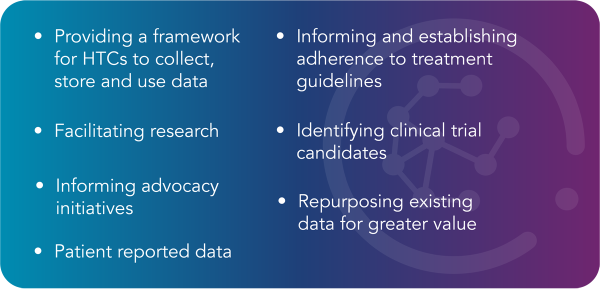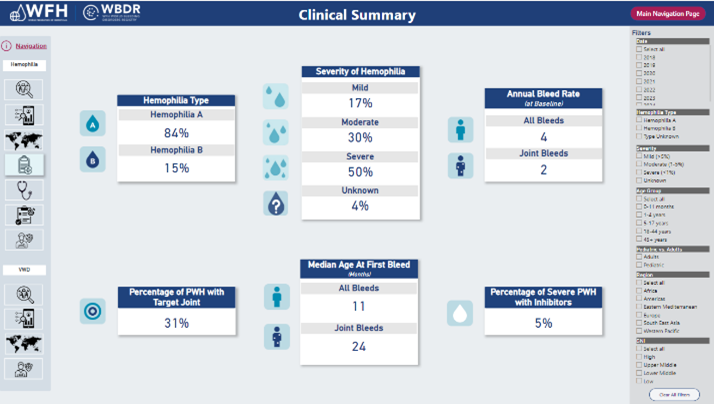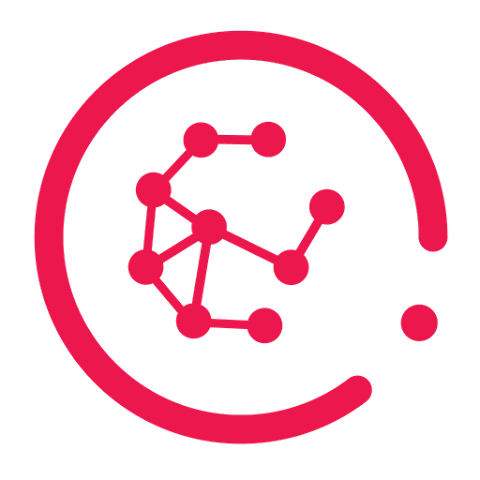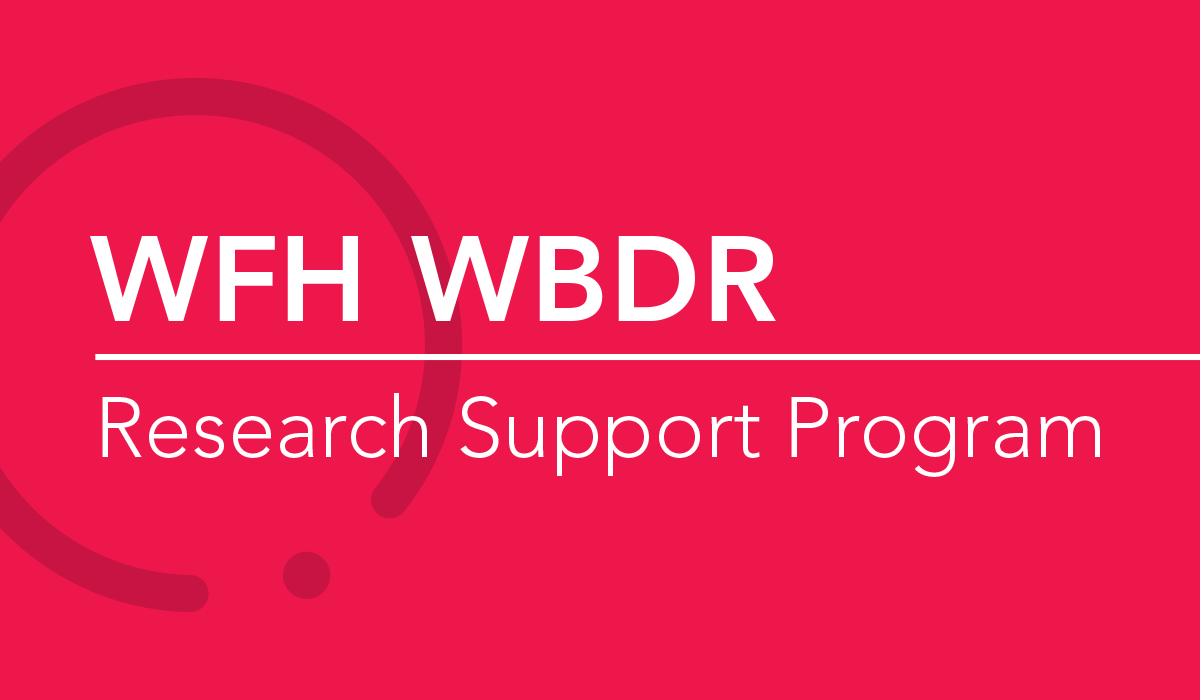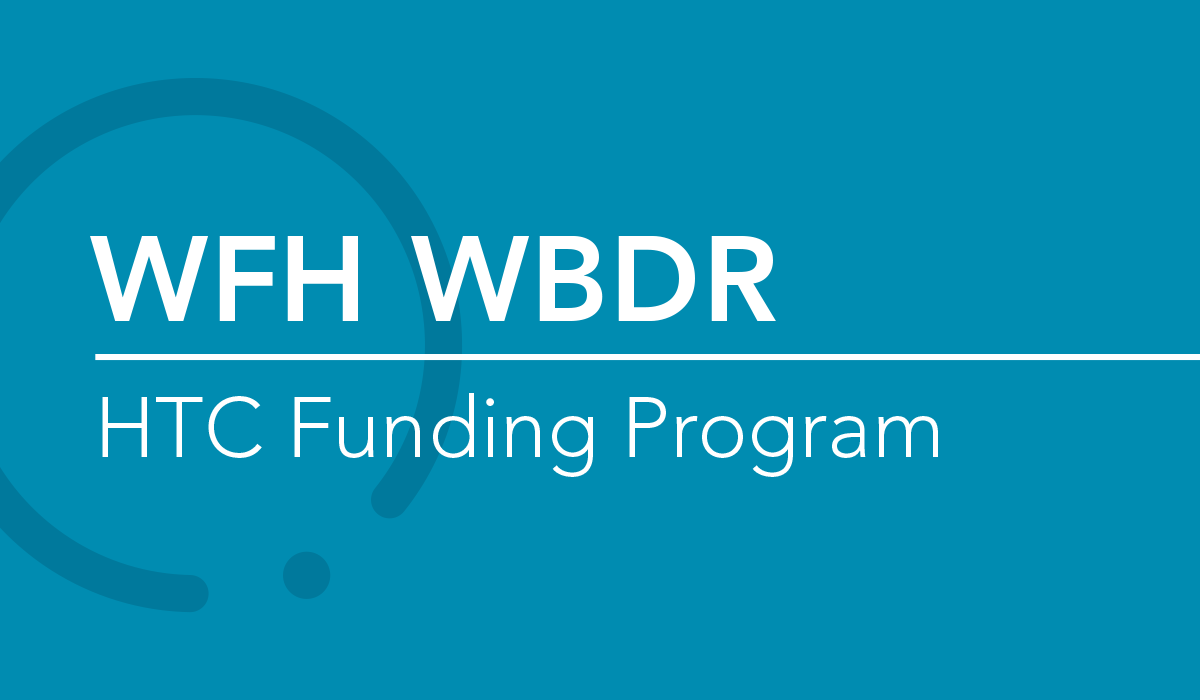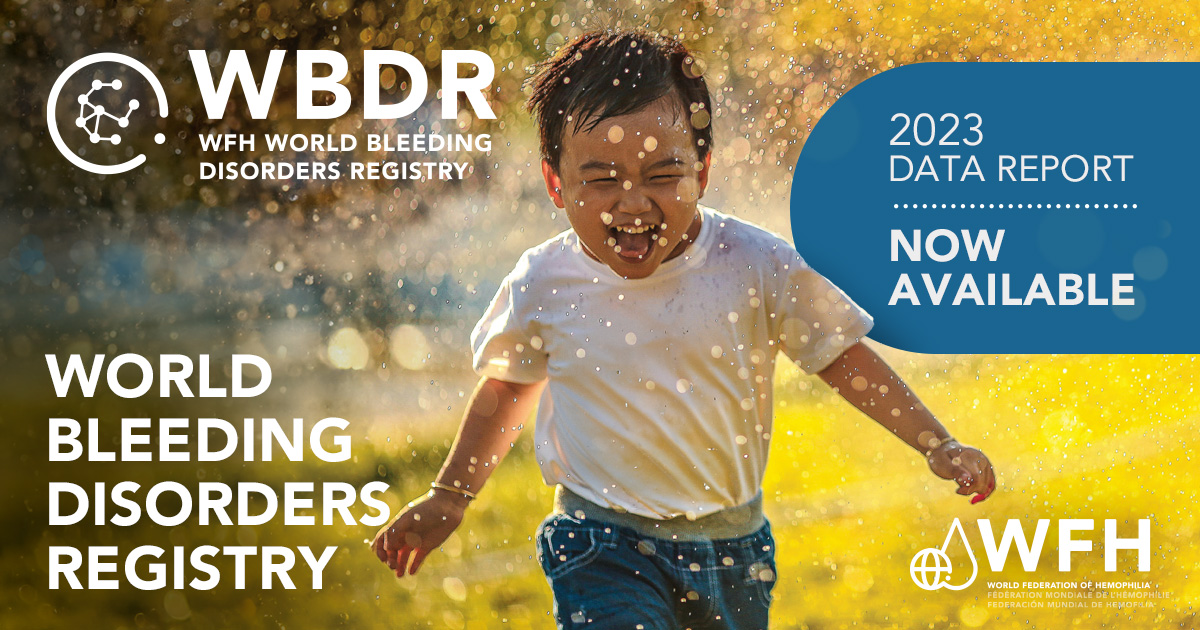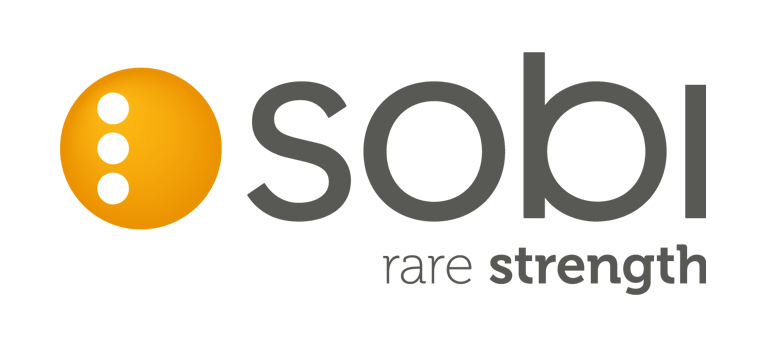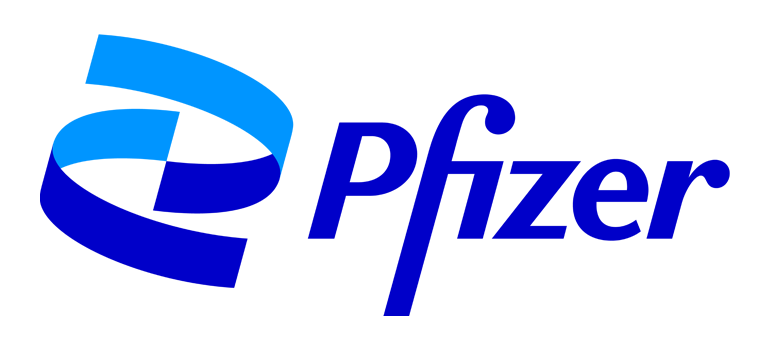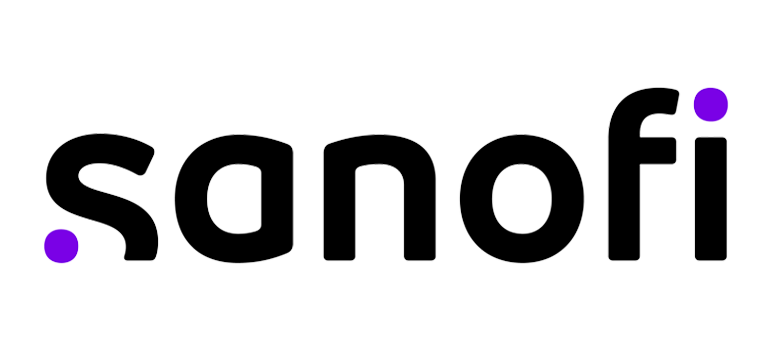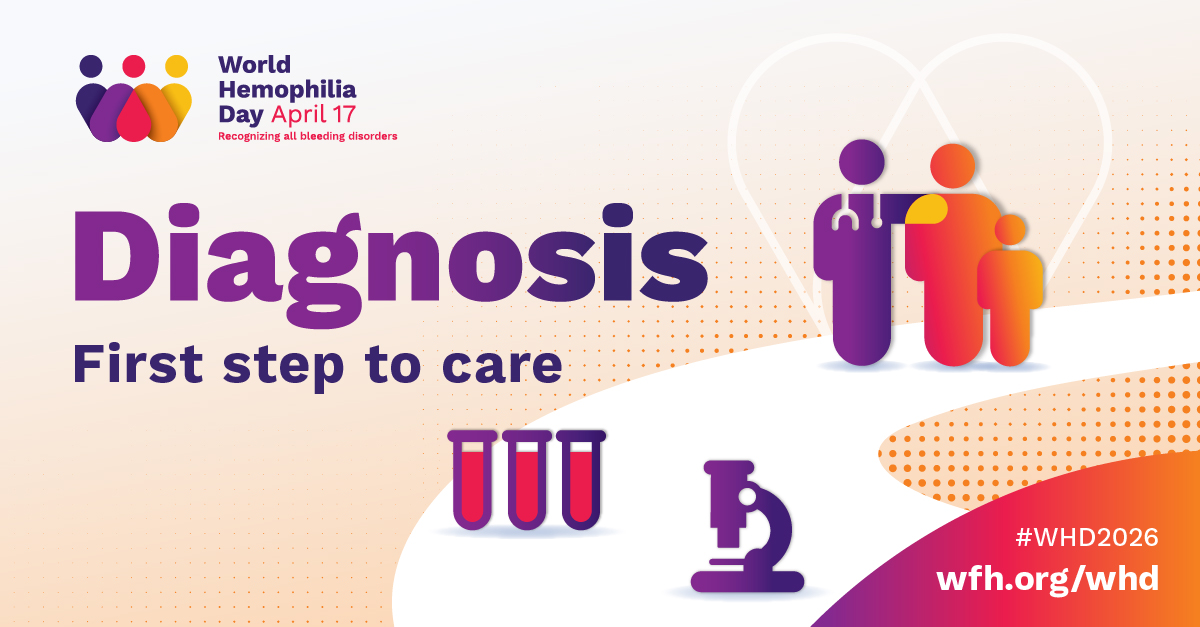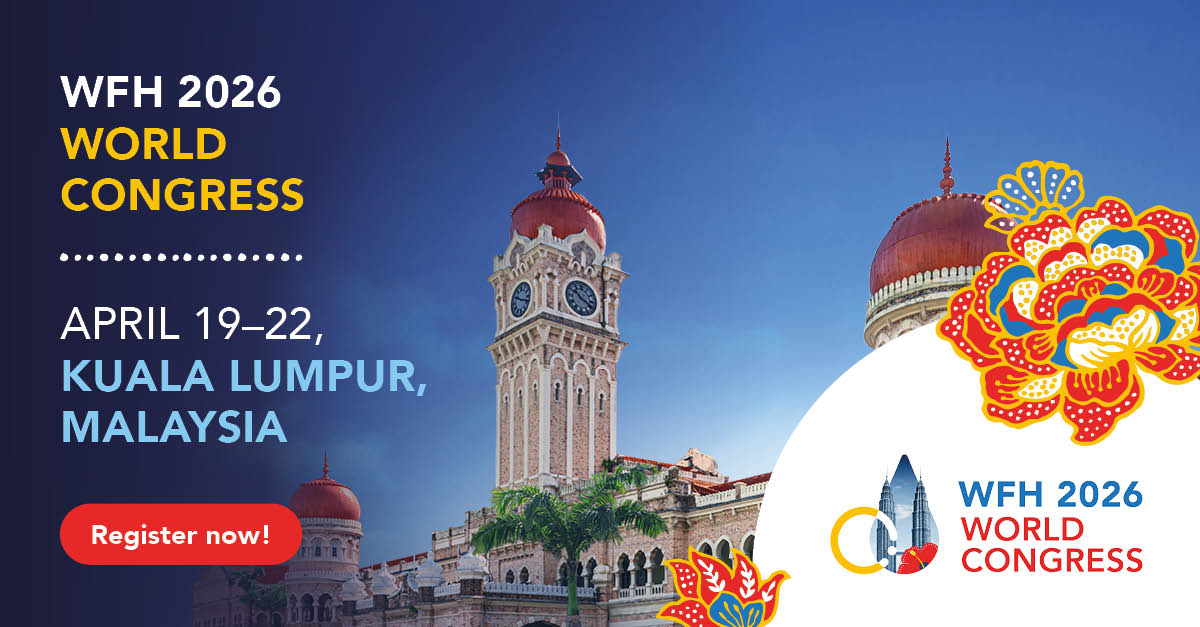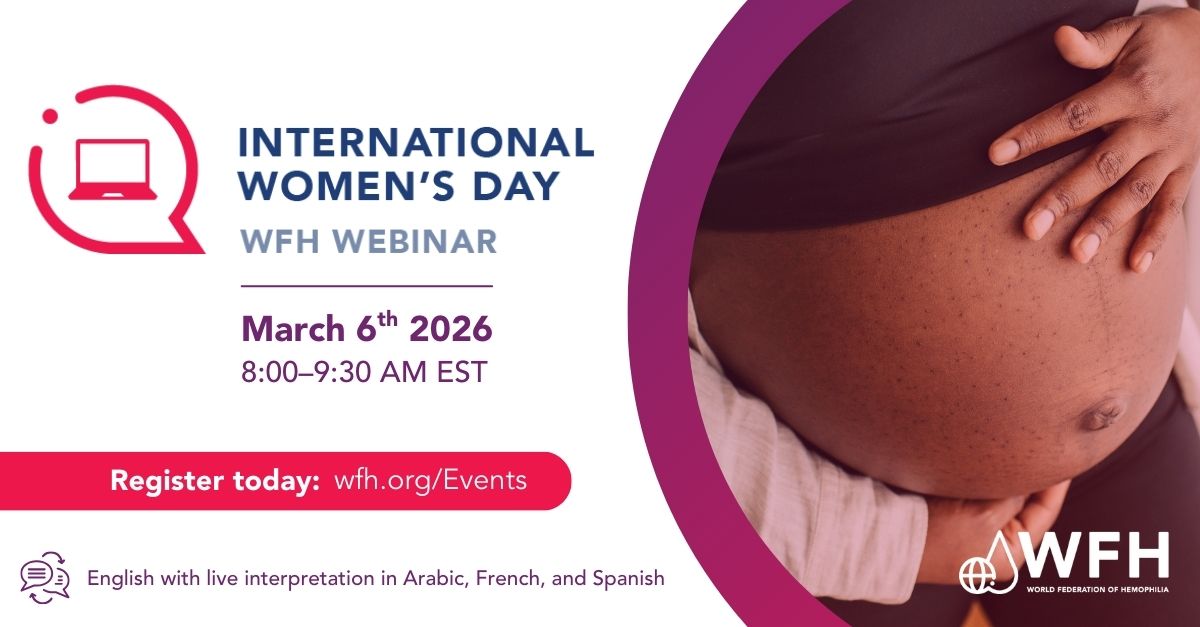
WFH Webinar: International Women’s Day
In celebration of International Women’s Day, the World Federation of Hemophilia (WFH) is hosting a webinar focused on postpartum hemorrhage and other pregnancy-related bleeding. The online event will take place on Friday, March 6, from 8:00 to 9:30 EST, and will examine key issues in managing bleeding during and after pregnancy, a critical area of care for women with inherited bleeding disorders.
